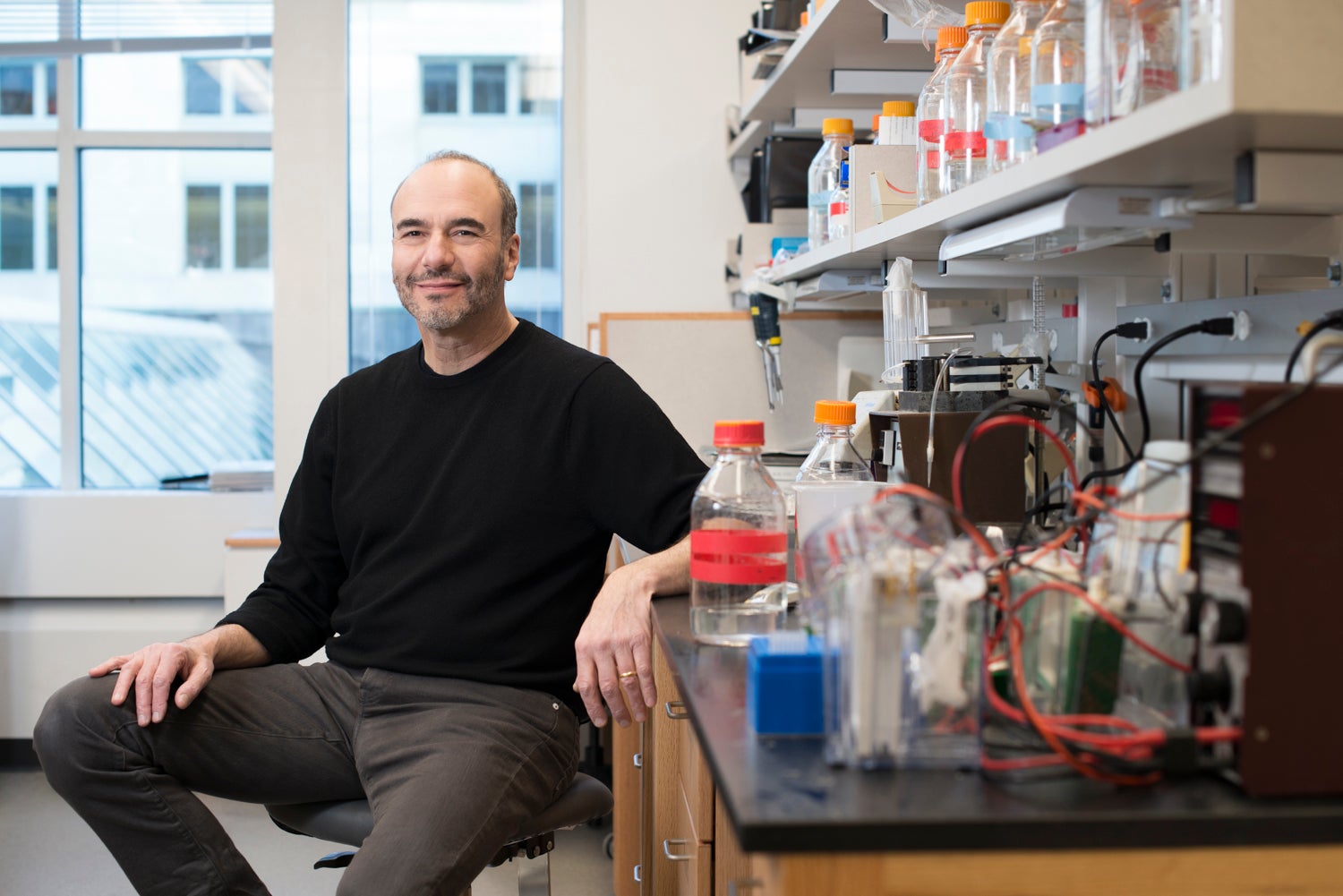
Circadian clocks are molecular oscillators with ~24-hour periods that drive daily biological rhythms. Such clocks are found in all of the major branches of life, and they likely represent ancient timekeeping systems important for predicting daily environmental cycles on our rotating planet. In mammals, circadian clocks are present in most if not all cells. These distributed clocks control a myriad of processes, in aggregate creating coherent 24-hour programs of physiology and behavior.
A picture of how circadian clocks are built has emerged in the last two decades. The core mechanism is a transcriptional feedback loop, wherein the protein products of several clock genes build the molecular machinery to inhibit the transcription factor responsible for their own production. The molecular components of circadian clocks are conserved from insects to humans.
The Weitz lab uses molecular biology, biochemistry, genetics, and structural biology to investigate the mammalian circadian clock. The focus of our efforts at present is to understand the circadian clock in terms of the integrated functions of its several multi-protein machines, principally by means of biochemistry and cryo-electron microscopy structural biology studies.
